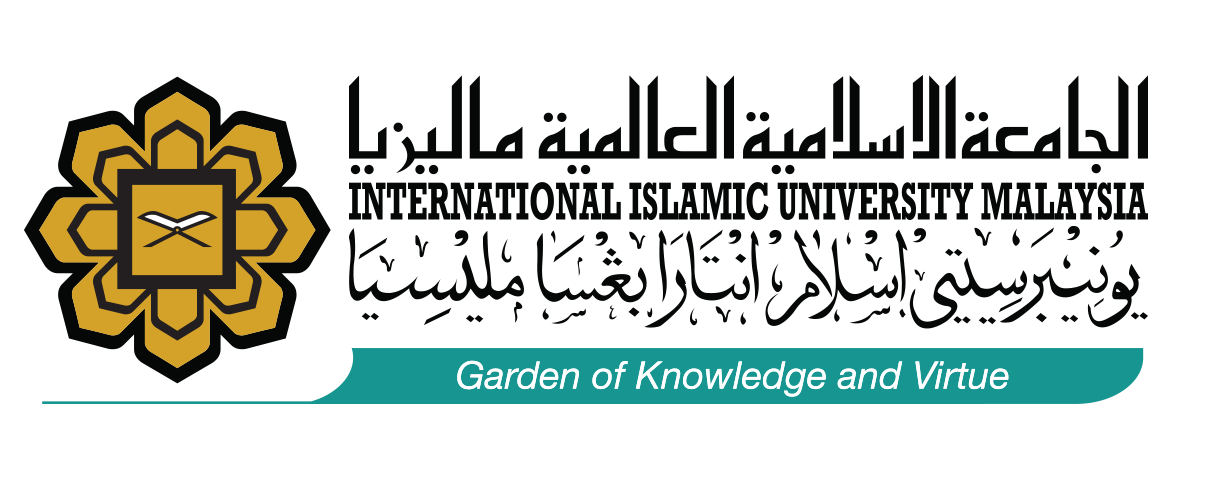Department of Manufacturing and Materials Engineering
The Department of Manufacturing and Materials Engineering offers two degree programmes: Bachelor of Manufacturing Engineering and Bachelor of Materials Engineering.
The Manufacturing Engineering programme emphasises modern and emerging technologies in manufacturing, equipping students with the knowledge and skills to meet current and future industry demands. Core areas include Smart Manufacturing, Industrial Internet of Things (IIoT), Additive Manufacturing, and Energy Management in Manufacturing Systems. The programme also integrates manufacturing process design, production planning, automation, Computer-Aided Design and Manufacturing (CAD/CAM), quality control and management, and sustainable manufacturing practices.
- Alongside this, the Materials Engineering programme emphasises the science, engineering and selection of materials for various engineering applications. Key courses include Materials Analysis, Materials Characterization, Powder Metallurgy, and Processing of Metals, Polymers, Ceramics and Composites, in addition to topics such as Corrosion, Tribology, and Heat Treatment. The programme equips students with the skills to assess, design and optimise materials to meet performance requirements across engineering and manufacturing sectors.
- To receive a Bachelor of Engineering Degree, a student must satisfy all requirements of the University, Kulliyyah and the Department. They must complete not less than 139 credit hours of course work including 22 credit hours of the University’s required courses, 20 credit hours of the Kulliyyah required engineering courses, 88 credit hours of the Department’s required courses and 9 credit hours of the Department’s elective courses. The medium of instruction for the program is English and the duration is four years (full-time).
- The present and future courses planned to provide a balanced collection of courses that can respond to the rapid advances in the field of materials engineering. By choosing a coherent set of electives in the third and fourth years, the students can adjust their learning according to their aptitudes and aspirations.

- The programs offered by the Department updated through vigorous meetings and continuous elaborations. The outcomes reviewed in the light of feedbacks from industry through Industrial Advisory Panels (IAP), feedbacks from alumni and reports from other stakeholders, as well as recommendations from external assessors, and the EAC accreditation process. All suggestions and feedbacks are addressed in the curricula of the programmes during regular review activities. Hence, the Department is confident that the developed curricula of the program will meet the demands and the challenges of the future.
